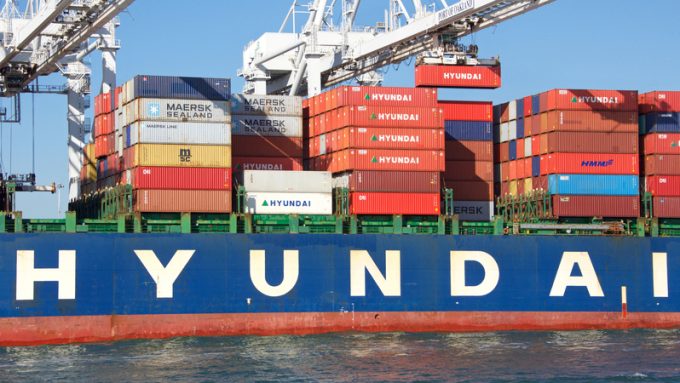'Solid' half-year performance at K+N was offset by weakening US dollar
A steep drop in the value of the US dollar against the Swiss franc since ...

Despite a decline in fourth-quarter revenues, South Korean carrier Hyundai Merchant Marine (HMM) saw annual sales last year increase by 5.6% a return to profitability in Q4.
It said its 2019 revenue was KRW5.5trn (US$4.72bn), while its operating loss narrowed 45.6% to KRW304bn, as it prepares ...

Comment on this article